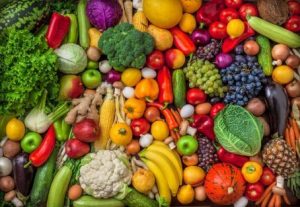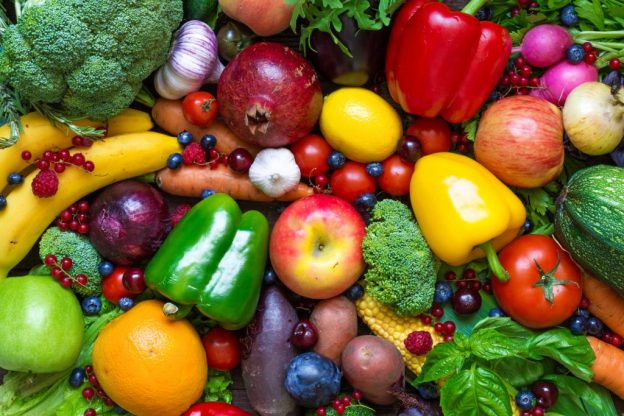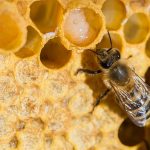A number of experts in a variety of different fields (including nutrition, biochemistry, and the medical field in general) have been noticing a trend linking the lack of fruit and vegetables in the traditional Western daily diet with a significant downturn in overall male testosterone levels.
At the same time, however, it wasn’t until just recently that researchers in Spain dove deeper into this link to discover whether or not it more than just anecdotal. Their research has been published in a variety of different places, building on top of research that was originally undertaken during the early 1990s.

It’s long been held as common knowledge that fruits and vegetables makeup a big part of a balanced daily diet. Not only are fruits and veggies a major part of the “food pyramid” that a number of organizations – including those supported by the US government – have put forward as the blueprint for healthy eating, but most people can see for themselves that they look and feel much healthier when they are eating more fruits and vegetables on a regular basis.
What a lot of people do not know, however, is that fruits and vegetables are such a big piece of the dietary puzzle because they bring a lot of dietary potassium into the mix. Low potassium diets have been linked to significantly decreased levels of testosterone in animals as well as human beings.
When you aren’t eating enough fruits and veggies, the odds are good that your potassium levels aren’t where they need to be and that your testosterone levels are falling off a cliff because of it.
A Spanish research team in the 1990s wanted to take a closer look at the link between potassium and testosterone levels.
A group of laboratory mice were given a low potassium diet for six days, measuring the amount of potassium that showed up in their blood throughout the duration of this examination. Over the six days the decrease in overall potassium was significant – though it wasn’t necessarily classified as “dramatic”.
Of most interest, however, is that the testosterone levels in these mice (male mice) fell off almost immediately. Only a few days into the low potassium diet testosterone levels began to plummet, getting worse and worse over this six-day stretch of time.
Researchers began to inject laboratory mice with testosterone boosting hormones just to see what kind of impact it might have. The results were to be expected – testosterone levels increased – but the biggest increases occurred in the control group of laboratory mice that were receiving the normal amount of potassium that they had been consuming regularly all along.
Mice that had been moved to the low potassium diet only saw their testosterone levels increase slightly, especially when testosterone was being supplemented with LH injections. Upon closer inspection, the Spanish researchers were able to conclude that the pituitary gland produced larger cells with more LH contained within when potassium levels were high and smaller cells with deficient amounts of LH when potassium levels were low.
At the end of the day, the Spanish research team conclusively reported that they saw a significant decrease in overall LH secretion as well as a decrease in overall testosterone synthesis and testosterone production in the male laboratory mice consuming low potassium diets.
It’s difficult to make a leap directly from this now nearly 30-year-old research project involving laboratory mice to human beings, but new research is already underway to build off of this report to determine whether or not that link is as tenuous as some people have made it out to be – or if consuming higher levels of potassium can help turn around testosterone production almost automatically.
References:
https://www.muscleandfitness.com/nutrition/gain-mass/testosterone-boost-your-love-hormone-naturally







